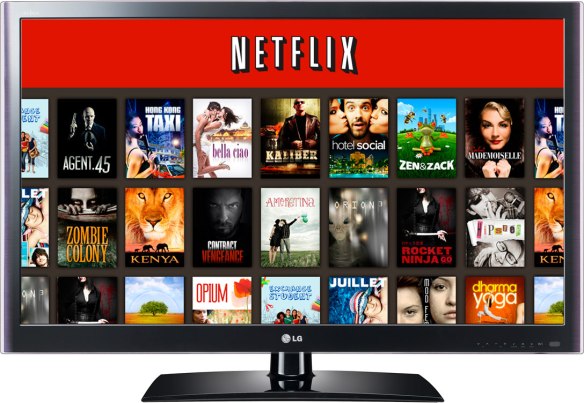 “The internet is a copy machine. At its most foundational level, it copies every action, every character, every thought we make while we ride upon it. In order to send a message from one corner of the internet to another, the protocols of communication demand that the whole message be copied along the way several times.” (Kevin Kelly)
“The internet is a copy machine. At its most foundational level, it copies every action, every character, every thought we make while we ride upon it. In order to send a message from one corner of the internet to another, the protocols of communication demand that the whole message be copied along the way several times.” (Kevin Kelly)
Previously wealth was built on the selling precious copies and as a result the instant duplication of data, ideas, and media undermines all major sectors of our economy. If reproductions of humanities best efforts are free how does one make money selling free copies? The truth is they don’t, so what is the solution here?…An advertising dominated online culture? Harsher punishments for copy right infringements? Intense DRM laws? An end to free streaming? Or the death of piracy?
All these things sound great (to businesses) however what this means for the consumer is the end of a free internet and the creation of a Walled Garden. Which in my personal opinion goes against the entire construct of what the internet is; a global data sharing service that facilitates the free flow of information.
For those not up with the lingo a Walled Garden is a closed platform or software system where the carrier or service provider has control over applications, content, and media, and restricts convenient access to non-approved applications or content (think Apple).
In Australia we have only just now gotten Netflix and at the moment it is very reasonably priced in an attempt to combat the competition of piracy (SMH). I was dumbfounded by the positive response it got and the sheer level of buzz it generated. A few of my friends got it and they couldn’t wait to tell me about how for only $14.99 a month they could gain access to the hundreds of shows Netflix had to offer. Off course my immediate reaction was: WOW that’s super awesome, did you know that for zero dollars a month you can gain access to every show ever?
Now don’t get me wrong I’m all for supporting the industry and funding the artists but what I cannot understand is peoples willingness to buy into what is essentially a restriction of freedom. Let’s just say for arguments sake that in an ideal hypothetical future, piracy was non existent and access to the things we watched online were restricted only to paid streaming services such as Netflix. The price is cheap now because piracy is a threat but in a world without free downloading these services would have monopoly and therefore total control over price. This would be a world where the price of entertainment could fluctuate as frequently as petrol.
What people need to ask themselves is just what exactly they are buying into. While you are watching shows on Netflix, Netflix is watching you watching their shows. They know what you are viewing, when you are viewing it, how often you are viewing it and what sort of things you like. The luxury of private entertainment in the comfort of your own home is a thing of the past. The question here is, does knowing that someone knows what you are watching make a significant impact on what you watch? Would people stop watching porn if other people knew they watched it? Would manly men suddenly feel embarrassed about watching sappy romantic comedies? Would students start to have their study assistance rejected because their viewing data proves they are not putting in full time study hours?
When a service becomes an inhibitor to your daily actions as a person it becomes a breach of your freedom. Convenient solutions almost always come with an inevitable cost.

